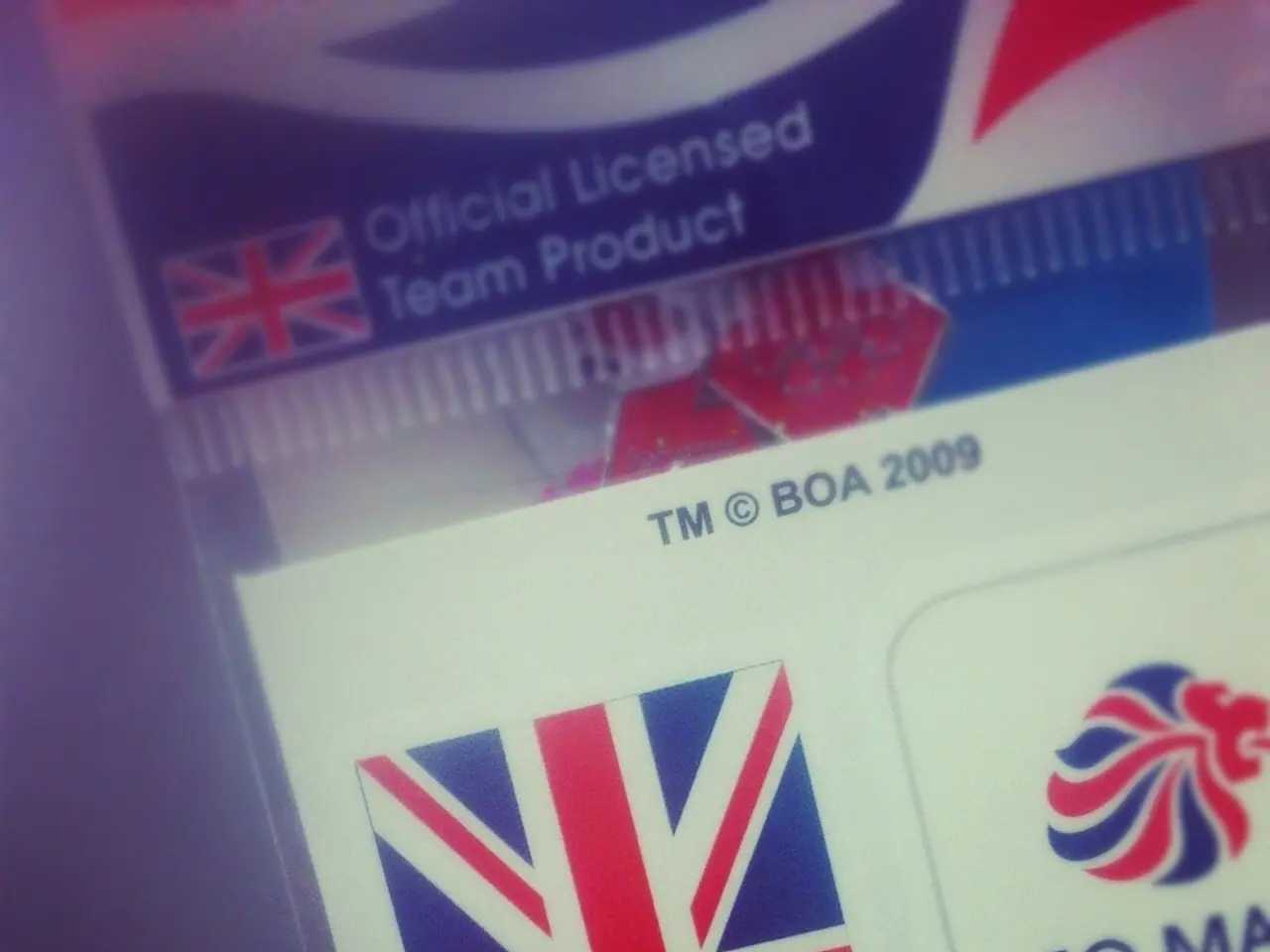Domestic airline companies express reservations about proposed identity checks for domestic flights by the Federal Council
In a recent announcement, the initiative to require airlines to verify the identities of passengers for flights within the Schengen area has been met with both praise and concern. The measure, planned to be implemented through an amendment to the Air Security Act, has sparked a heated discussion among German states and the aviation industry.
The proposed changes aim to bolster security measures within the Schengen area, with proponents arguing that enhanced identity verification could reduce the risk of identity fraud or illegal travel, aligning with international standards like ICAO guidelines. However, critics point to operational difficulties and passenger inconvenience, as well as potential conflicts with recent EU moves that have suspended identity checks for domestic and Schengen flights in some countries.
One of the main concerns revolves around operational complexity and delays. Airlines and airport staff would face challenges implementing consistent ID checks at boarding, especially for intra-Schengen flights that have traditionally not required them. This could slow boarding processes and necessitate additional training and resources.
Technological hurdles also loom large. Effective document authentication may require deploying advanced tools such as biometric verification systems or software capable of rapidly validating various forms of ID, which some carriers and airports may not currently possess.
Passengers, too, may find the renewed ID checks burdensome, potentially impacting customer satisfaction and causing disputes. The BDL, the Federal Association of the German Air Transport Industry, has expressed criticism regarding the new regulation, claiming that airlines are not staffed or professionally capable of conducting reliable identity checks.
Despite these challenges, supporters of the initiative, such as the Interior Minister of Bavaria, Joachim Herrmann, argue that the benefits of enhanced security outweigh the drawbacks. The IDs will be compared with the data provided at the time of booking, allowing for the use of passenger identities for police purposes in the event of criminal offenses.
The BDL also acknowledges the importance of knowing the identity of passengers, but argues that a simple name match is not sufficient to identify security-relevant persons, and access to police databases would be necessary for this. The state of Lower Saxony launched the initiative, with the Bavarian Ministry of the Interior backing the Union state interior ministers in their support for the ID check initiative.
The BDL, however, maintains that identity checks are a sovereign task of the Federal Police, not the airlines, suggesting potential challenges in implementing the ID check regulation within the aviation industry. This ongoing debate embodies the tension between enhanced security and maintaining the traditional Schengen principle of free, ID-light travel within its internal borders.
- The ongoing debate between enhanced security measures, such as the proposed policy-and-legislation for airlines to verify passenger identities, and the concerns about operational difficulties and passenger inconvenience in the general-news sector, particularly in the politics and crime-and-justice domains, continues to be a contentious issue.
- Critics argue that while the implementation of ID checks may help reduce identity fraud and align with international ICAO guidelines, it could also create operational delays, technological hurdles, and potential disputes with recent EU moves that suspend ID checks for certain flights, as well as question the professional capabilities of airlines to conduct reliable checks.





